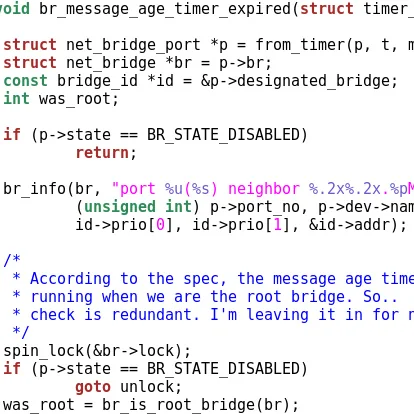PHP 7.3 Performance Benchmarks Are Looking Good Days Ahead Of Its Release

PHP 7.3 RC6 is the last expected release candidate before the general availability expected around 6 December. The RC6 changes are outlined by the release announcement.
I ran some fresh benchmarks over the past day on PHP 5.5.38, PHP 5.6.38, PHP 7.0.32, PHP 7.1.24, PHP 7.2.12, and the PHP 7.3.0-RC6 test release. All of the PHP5/PHP7 builds were configured and built in the same manner. All tests happened from the same Dell PowerEdge R7425 dual EPYC server running Ubuntu 18.10 Linux.
Besides continuing to evolve the performance of PHP7, the PHP 7.3 release is also delivering on FFI (the Foreign Function Interface) to access functions / variables / data structures from the C language, a platform-independent manner for obtaining information on network interfaces, an is_countable() call, WebP support within GD's image create from string, updated SQLite support, improved PHP garbage collection performance, and many other enhancements.
PHP 7.3 is just shy of 10% faster than PHP 7.2 in the popular PHPBench. PHP 7.3 is 31% faster than PHP 7.0 or nearly 3x the speed of PHP5.
The PHP micro-benchmarks are running slightly faster on PHP 7.3.0 RC6.
With our own Phoronix Test Suite PHP self-test, PHP 7.3 does very good as well. In fact, going from PHP 7.2 to 7.3 is the largest leap of the PHP7 releases to date.
The "list suites" operation that does a lot of file access and XML parsing is slightly faster.
While the graph render test that does a lot of XML parsing as well as SVG graph generation via the PHP DOM interface saw a significant speed-up with PHP 7.3.
The merge results process was slightly faster. Overall, PHP 7.3 is shaping up to be another notable upgrade to the PHP7 series for its continued performance improvements, the new PHP FFI interface, and other new additions for this PHP release due out in early December.
10 Comments

